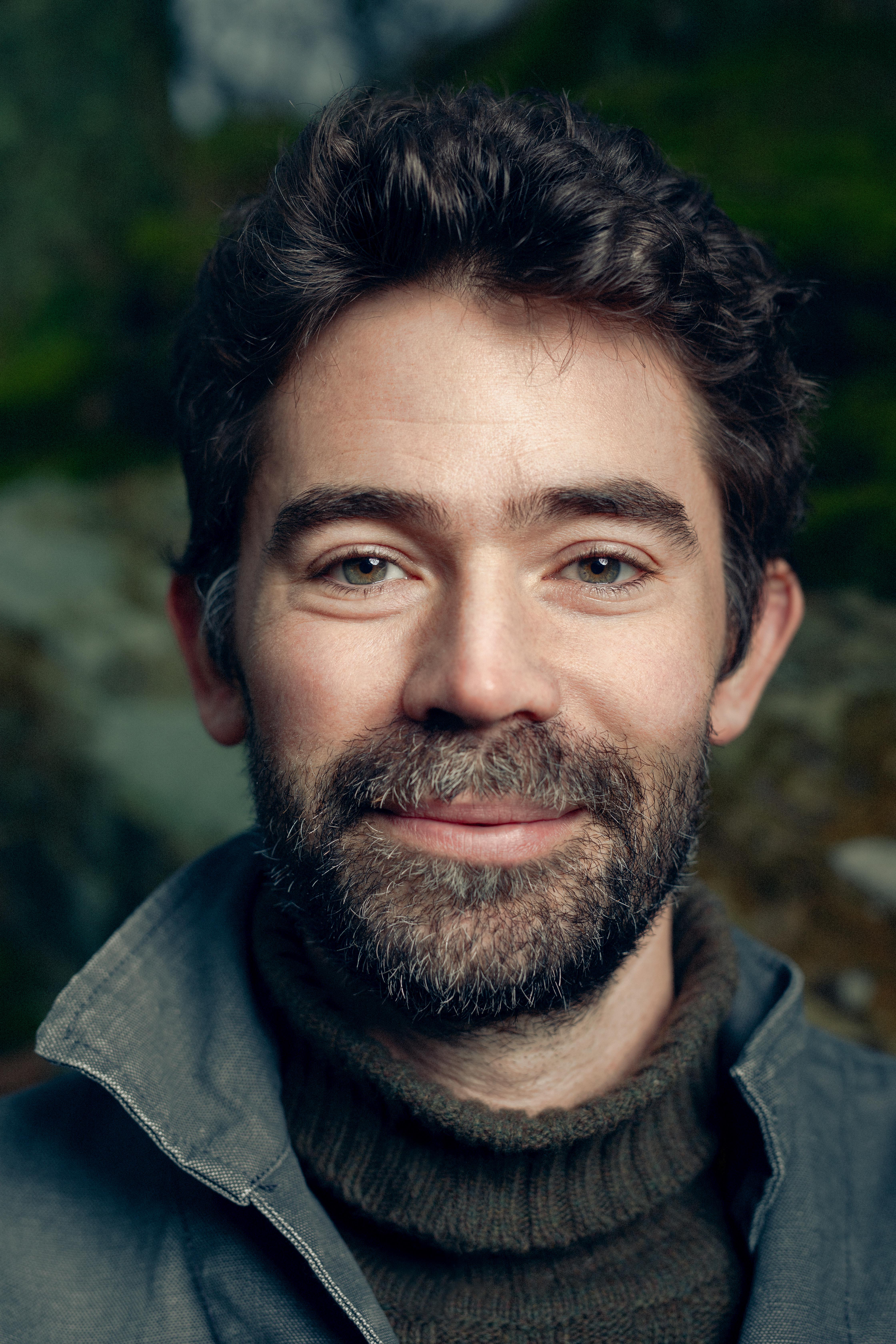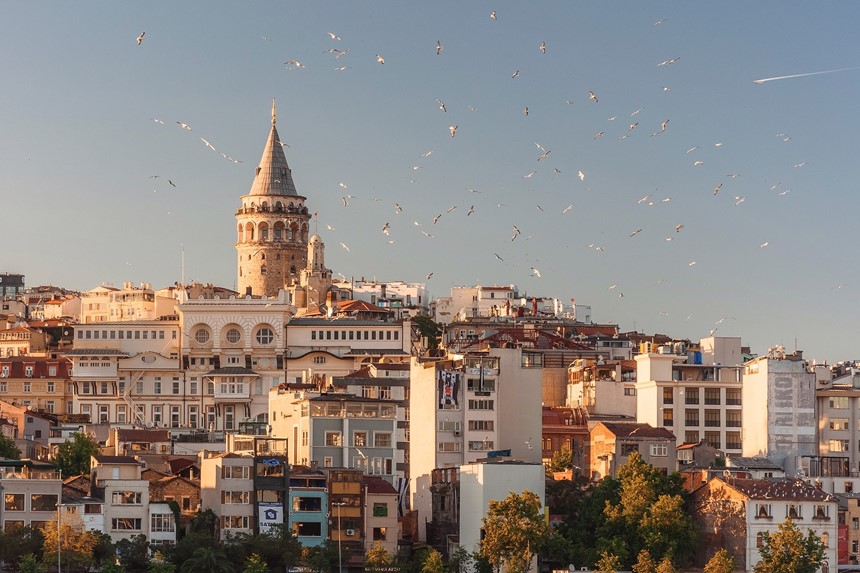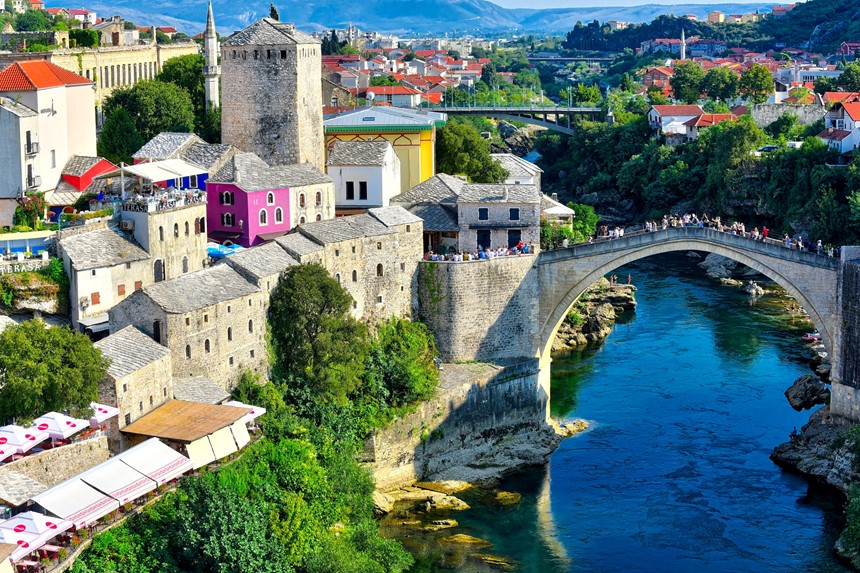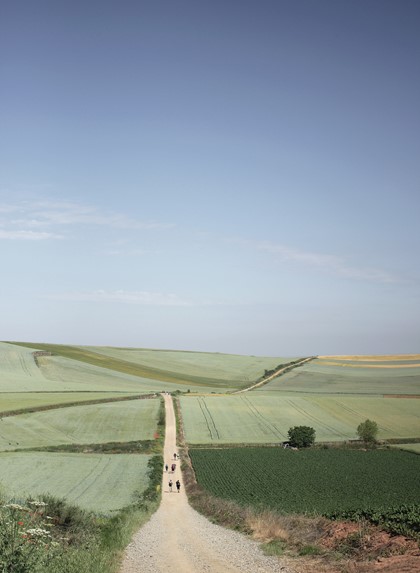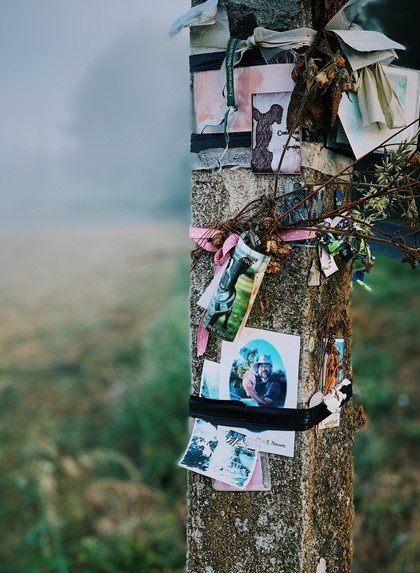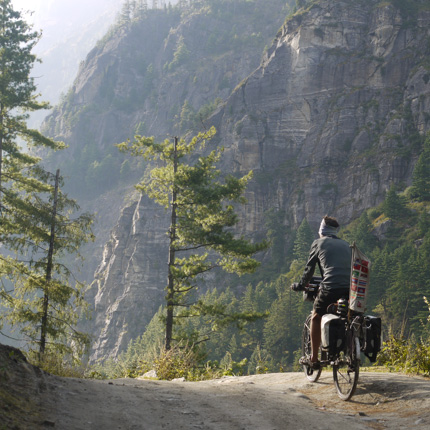Far below the private jets ferrying their world leaders and lobbyists to and from COP26 last month, another set of participants was arriving in Glasgow in an altogether more timeless fashion. Around 250 people walked to this year's UN conference, some of them as individuals, others as part of groups such as 'Camino to COP' and 'The Ecumenical Pilgrimage for Climate Justice’. They began in the UK, in Spain, in Germany, in Sweden. Some of them walked over a thousand miles. Many spoke of themselves as pilgrims.
I have been to several COPs by now, and for every COP, there are those who walk there. It is a funny thing, on the face of it: the sanctifying of some vast and echoey conference centre on the outskirts of Poznan or Copenhagen or Durban, where negotiators squabble back and forward for a fortnight under shadowless strip lighting that blurs any distinction between day and night. They make for odd cathedrals. And yet, like any pilgrimage, it is a calling. It is a way of bearing witness.
In 2010, I walked across Europe, from England to Istanbul. Some years before I had walked a month on the Camino de Santiago, not out of Catholicism but out of curiosity. And then in 2008 I spent ten days walking on the Climate Caravan across London with about fifty other people, a march to link the previous year's Climate Camp at Heathrow to the new one at Kingsnorth power station.


